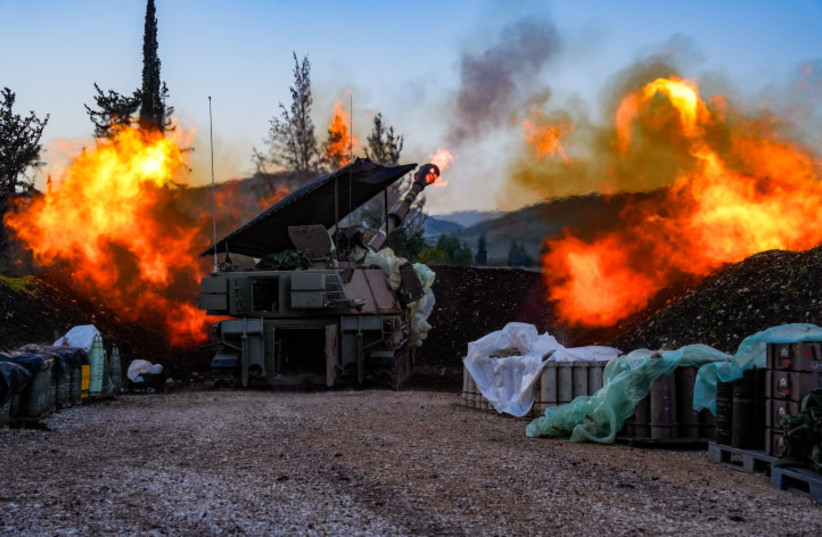The IDF soldiers who accidentally shot and killed three hostages held by Hamas in Gaza did so despite being ordered not to shoot, a recent investigation by the IDF revealed.
Speaking to 103FM, Maj.-Gen. (res.) Yaakov Amidror, former national security adviser to the prime minister, said this reflected a need to tighten the IDF's open-fire policies.
Reflecting on his experience in Gaza, Amidror expressed discomfort over the fact that people emerged from a half-ruined building waving a white flag, but were still gunned down. He emphasized the importance of not passing judgment without understanding the complexity of the situation from an insider's perspective.
Amidror acknowledged the challenges of coordinating forces in an area where limited visibility often hampers decision-making. Efforts are being made to utilize drones to overcome this issue, but there is no foolproof solution yet.
Shifting the focus to negotiations for hostages, Amidror cautioned against involving the public and family members too extensively in hostage negotiation. Drawing from his involvement in past cases, Amidror stressed the necessity of keeping certain aspects of negotiations confidential, as public exposure can hinder success.
While understanding the families' willingness to take action for their loved ones, Amidror highlighted the limited impact such actions ultimately have. Balancing the families' needs with the need for discretion is crucial, he argued.

How should Israel be handling Hezbollah and the Lebanon border?
Regarding the situation with Hezbollah in the North, Amidror expressed confidence that both sides do not want war. He highlighted Prime Minister Benjamin Netanyahu's pivotal decision during the war's initial week to refrain from opening a second front. Amidror emphasized the vigilance exercised by both sides, emphasizing the delicate nature of the situation along the border.
Amidror questioned the wisdom of paying the price to hold a security buffer zone with Lebanon, considering the ultimate objective of removing Hezbollah from the border. He said that as the war in Gaza continues, Israel will face the difficult decision of either waiting for unlikely diplomatic help or embarking on a far more challenging war.
Amitai Doak/103FM contributed to this report
